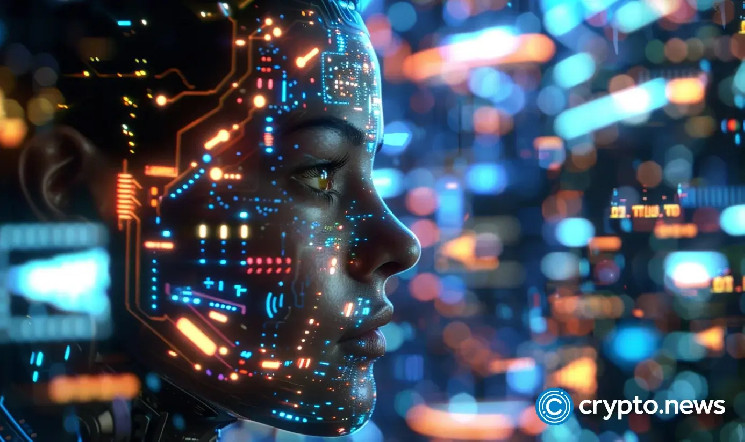Disclosure: The views and opinions expressed here belong solely to the author and do not represent the views and opinions of the crypto.news main article.
Blockchain is one of the most prominent tech buzzwords these days, and for good reason. For a technology that started as a means to democratize user authority across industries, blockchain has moved beyond the realm of technical white papers into real-world applications that impact several consumer-facing domains. However, with growing demand, its limitations are becoming apparent. Not to mention the rising development costs for developers who want to test and build their own networks. So how can the ecosystem make room for the next wave of builders?
You might also like: From niche to necessity: why defi literacy matters | Opinion
As the blockchain skills gap widens globally, it will undoubtedly be up to the ecosystem’s largest participants to provide builders with simplified production environments. The dominance of a few leading networks has highlighted both the strengths and weaknesses of a one-size-fits-all approach. That’s why we need more developers to boldly deploy solutions targeting specific segments like financial services, healthcare, gaming, etc.
The blockchain trilemma of scalability, security and throughput remains, and this is where the integration of on-chain AI is key to ensuring networks are more responsive and evolve naturally with user needs. Done right, custom networks can enable alternative blockchain infrastructures to be tailored to the specific needs of different industries, requiring a reliable system for 100% data privacy, scalability and speed.
We are already seeing that L2s such as rollups and sidechains provide a practical solution by processing transactions outside the main chain. This significantly increases throughput without compromising the security of the underlying L1.
The role of AI in blockchain goes beyond just improving functionality and efficiency. AI-integrated networks can optimize operations such as transaction validation and network security management by dynamically adjusting blockchain parameters in real time. This ability to predict and manage network load allows for more efficient distribution of transactions across shards or rollups, reducing latency and significantly increasing scalability.
Enabling developers to create their own AI-integrated L1 and L2 solutions can reduce dependence on large networks. Diversifying the blockchain landscape further helps prevent monopolies and promotes a healthier, more competitive environment that spreads associated risks.
Several platforms are beginning to illustrate the benefits of this approach. For example, L2 solutions such as zero-knowledge rollups and optimistic rollups on the Ethereum network have successfully reduced transaction costs and increased throughput without compromising the security of the underlying blockchain. These technologies use complex cryptographic techniques to process transactions off the main chain, demonstrating the potential for scalability and efficiency.
Despite these advances, integrating AI into the blockchain is not without challenges. The computational intensity of AI models, the ethical implications of autonomous systems, and the regulatory hurdles associated with new technologies require careful consideration and proactive management.
All said and done, the future of blockchain technology must include flexibility, innovation, and most importantly, customization. To make this a reality, however, developers, stakeholders and regulators must work together to support the evolution of blockchain into a tool as diverse as the industries it aims to transform. This approach will not only solve today’s challenges, but also pave the way for a future where blockchain technology is central to the global digital infrastructure, supporting everything from economic transactions to securing sensitive data, while ensuring the integrity and efficiency that users requirements are maintained.
Read more: Easier trading: AI bots level the playing field for average investors | Opinion
Igor Bershadski
Igor Bershadsky, the co-founder of Phron AI, is a web3 entrepreneur with a rich background in cybersecurity and blockchain, complemented by 13 years of experience in traditional finance before moving to fintech. His extensive background includes a key role as a regional advisor at Hacken, focusing on blockchain security challenges and solutions. In addition to his tenure at Hacken, Igor has held influential positions such as head of helasoft cybersecurity services, CEO and co-founder of TowerFox, LLC, and COO at the International Cybersecurity Center, where he developed and implemented comprehensive security strategies. At Phron AI, he is building the future of AI-integrated blockchain networks based on dynamic proof-of-consensus, with a focus on cybersecurity and agile throughput for various industries.

